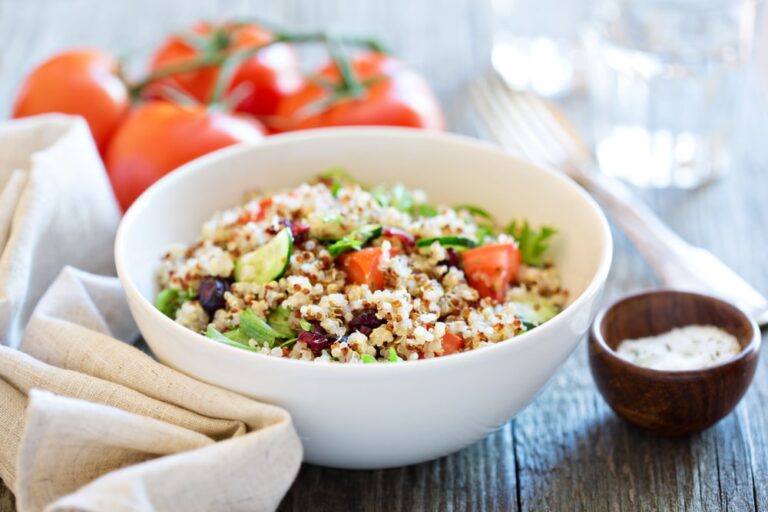Why Am I So Bloated? Common Causes and How to Fix Them
When you wake up in the morning, sometimes you feel that your belly is enlarged. It might confuse that this abdominal fat is due to bloating or gaining weight.
Although both may result in an enlarged belly, let me tell you there is a lot of difference between bloating and weight gain.
Bloating is a sensation of abdominal tightness, fullness, bowel movement, pressure, or excess trapped gas. It is a temporary symptom and condition that can be relieved in a few minutes or hours. But Belly or stomach fat is caused due to storage of excessive fats in the abdominal area. If not taken care of on time can result in obesity or sometimes death.
In this article, you will acknowledge the difference between bloating and belly fat, causes of bloating and belly fat, remedies to get relief from bloating, different ideas to get rid of excessive belly fats, and many more.
Difference Between Bloating and Belly Fat

1. Bloating causes pain in the stomach, whereas belly fat is painless.
When the accumulation of fluid and gas in the stomach becomes excess, you may feel pain and discomfort in the abdominal area. But in belly fat, these physical discomforts do not occur, i.e., painless.
To get rid of those painful bloating, you can try homemade drinks or any medicines from the nearby store. You can reduce your belly fat by following a proper diet, exercise, or gymming. Sometimes, people undergo body contouring to remove unusual and extra Belly fat.
2. Belly fat is constant while bloating is temporary
Belly fat is rigid and constant as fat storage in the abdomen is gradual. Excess intake of calories and hormonal changes in the human body is the main reason for stomach fat. This visceral fat increases your waistline and tries to choke your internal organs. So ensure that you exercise a lot, drink ample amounts of water, and introduce a balanced and healthy diet.
The trapped gas gets released after a few minutes or hours when it comes to bloating. After relief from bloating, the enlarged abdominal belly gets back to its standard shape. Therefore, bloating is temporary and keeps on changing.
3. Bloating feels tight while the belly makes the stomach bulky and spongy.
Bloating causes tightness and stiffness in the stomach due to excess intestinal gas. The gas in the stomach occurs due to overeating or drinking carbonated and soda drinks. The trapped gases in the abdomen fill it and make it feel full and tight.
But belly fat makes the stomach swollen and bulky because it contains subcutaneous fat, which is soft and squishy. This excess fat is layered and present underneath the skin of the body. The bulginess of the stored fat in the belly is considered harmless and easy to lose. You can burn these soft and spongy belly fats by doing regular exercises and eating a well-balanced diet.
4. Bloating occurs in the stomach, but belly fat is widespread.
Bloating only occurs in your abdominal area, including your digestive system, but belly fat can be seen in the waistline, hips, and thighs. Therefore it is widespread.
What are the Causes of Bloating?
There are several conditions and situations which result in bloating.
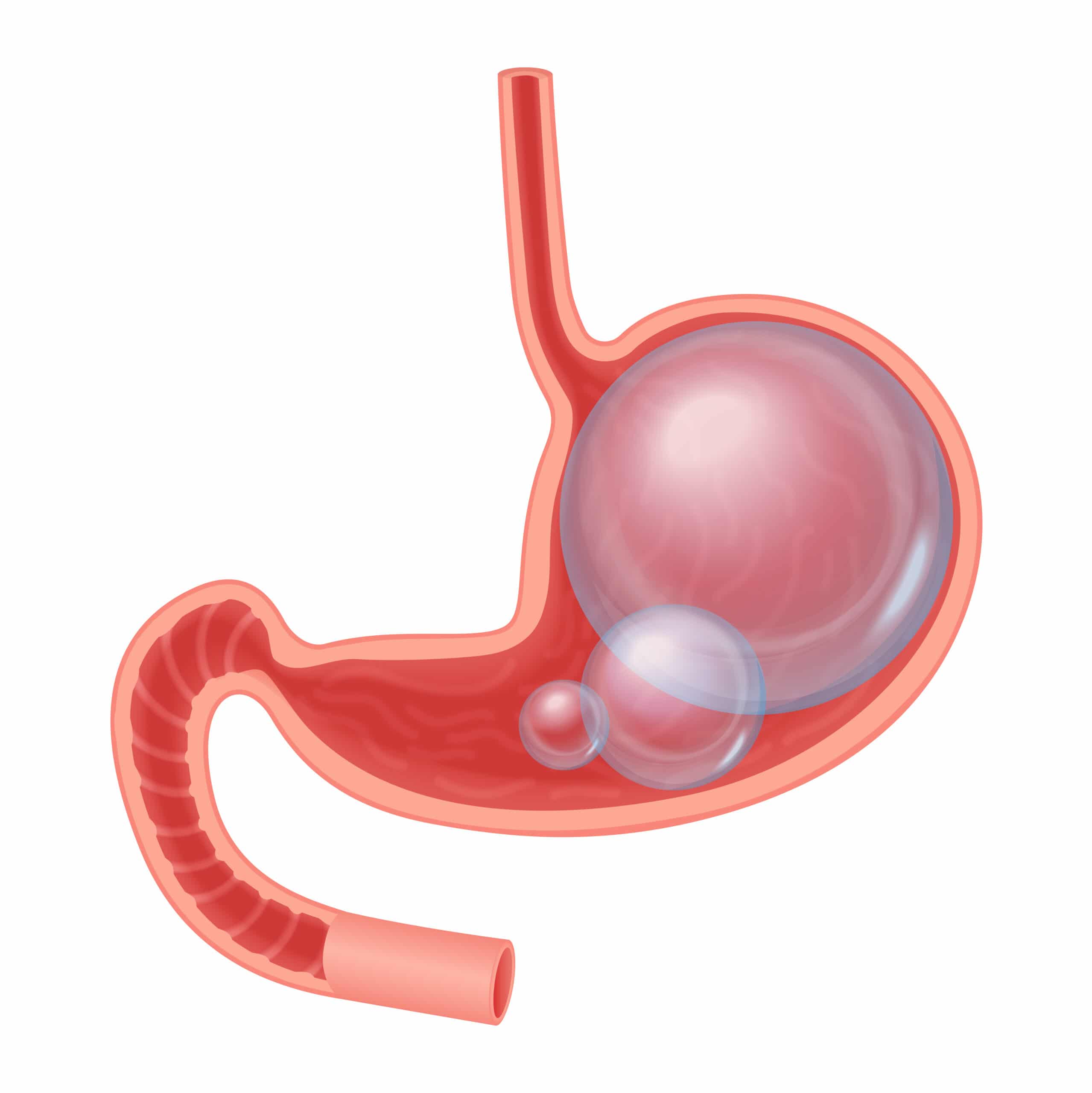
Some of them are:
- IBS– Irritable Bowel Syndrome (IBS) causes repeated pain in the abdominal area and also there is fluctuation in the bowel movements. Some common changes in the stomach due to IBS is constipation, diarrhea, pain, bloating, etc.
- Carbonated drinks and sodas– The sparkling and glittery water, the fizzy, and soda drinks increases the gas formation in the digestive system. Accumulation of excess carbon dioxide may result in repeated belching and bloating.
- Food intolerance– People may feel difficulties digesting certain food materials and experience intestinal disturbance during food intake. It occurs when the digestive system cannot break down certain ingredients present in food items. Food tolerance causes pain, bloating, etc.
- Overeating– Tasty, refined, and delicious food is the weakness of many individuals. It is alright to eat these unhealthy snacks and food materials occasionally. But it is essential to take care of the portion and the amount you are eating. Excess food expands the stomach and tries to push against other organs, resulting in discomfort, pain, stomach aches, and bloating.
- Menstruation– During monthly periods, women go through several hormonal changes in their bodies. It causes vomiting, stomach cramps, an increase in gas formation, nausea, and even bloating.
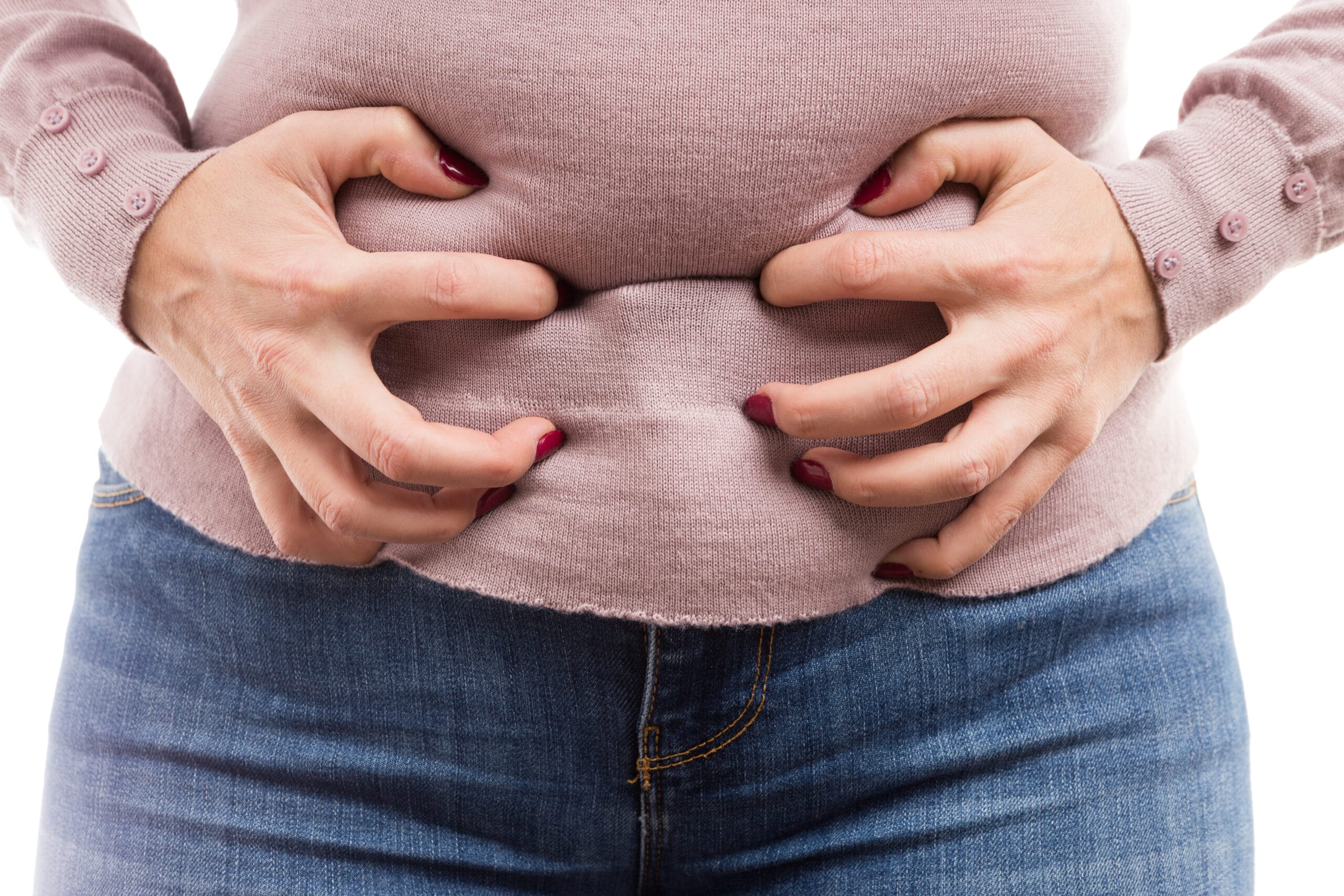
- Irregularities in mealtime– Busy lives of the people have made them careless about their daily routine and food habits. When occupied in their meetings, sessions, or classes, they forget to eat their breakfast, lunch, and dinner on time. Many of them skip their breakfast and go for brunch and they don't even care if they are eating the right and healthy food in the correct amount or not.
- Intestinal Yeast Overgrowth– Regular and excess intake of antibiotics promote yeast growth in the intestines. It causes abnormal discharge, painful urination, gas, bloating, bad breath, etc. The intake of sugars, carbs, and high-dairy products worsen the situation. So, maintain distance from the sugary and high-calorie products.
- Constipation– In this condition, the stool becomes difficult to pass from the rectum resulting in bloating, cramping pain in the abdominal area, tight stomach, etc.
- Carbohydrates malabsorption– It occurs when the main dietary carbs, sugars, and starches present in the food items do not get absorbed by the gastrointestinal tract(GI). It causes abdominal distention, diarrhea, belly enlargement, flatulence, bloating, and constipation.
- Eating the food in a hurry– When you eat in a hurry, you are not only swallowing your food but also the air. This air leads to the formation of intestinal gas and bloating. So it is advised by doctors to chew your food slowly and properly and try to include mini-meals in your daily rituals.
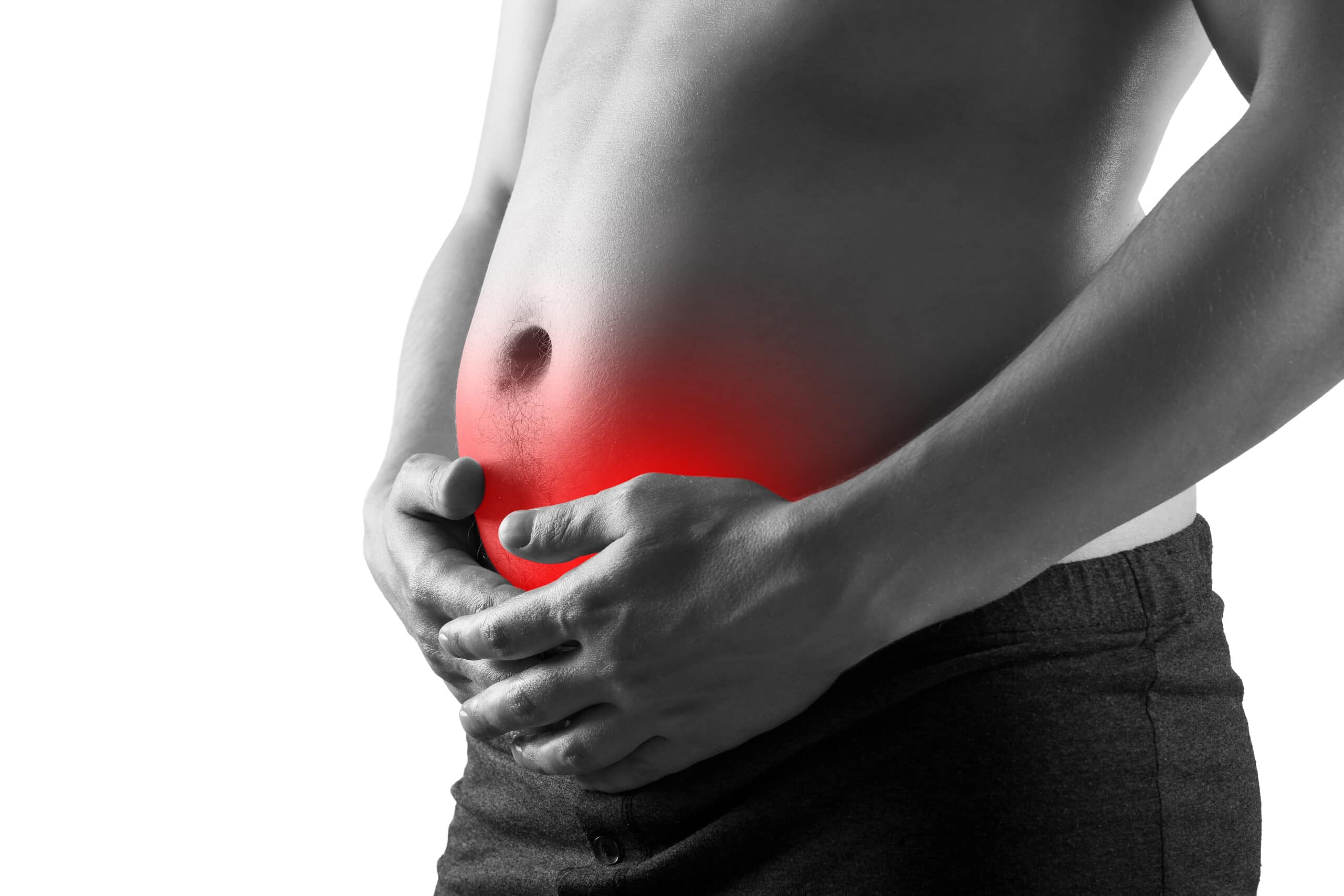
- Dehydration– It causes bloating because when the body does not get the surplus amount of water it requires, the electrolytes imbalance affects the digestion and the function of the digestive system. So do not forget to drink approx 8-9 glasses of water regularly.
- Lack of sleep– If you do not give your body ample sleep, you wake up being grumpy the next day. Lack of sleep hampers your digestion and releases stress hormones (cortisol). It disturbs the function of the digestive system and leads to stomach pain and bloating.
- Poor food combining- When you eat two incompatible foods together, it causes indigestion, gas, and fermentation in the body. It also produces toxins in the intestines, resulting in allergies, cold, cough, bloating, etc.
- Gluten sensitivity or celiac disease– This autoimmune disease affects immunity by responding to gluten in the body. This happens because the small intestine cannot absorb the minerals, vitamins, and other nutrients from the food materials. Celiac disease causes pain in the stomach, constipation, and bloating too.
- Pregnancy– In every woman's life, becoming a mother is a beautiful phase. But this happiness phase also brings a lot of hormonal changes in the body. During pregnancy, the level of hormone progesterone increases in the body to prepare the uterus for the process. This progesterone also affects digestive health by slowing the process of digestion. It also causes bloating.
- Smoking- When you inhale smoke, your body takes the path of your mouth and enters your stomach and intestinal area. These smokes build up excess gases, which lead to bloating, cramping, abdominal pain, and rumbling.
What are the Causes of Belly Fat?
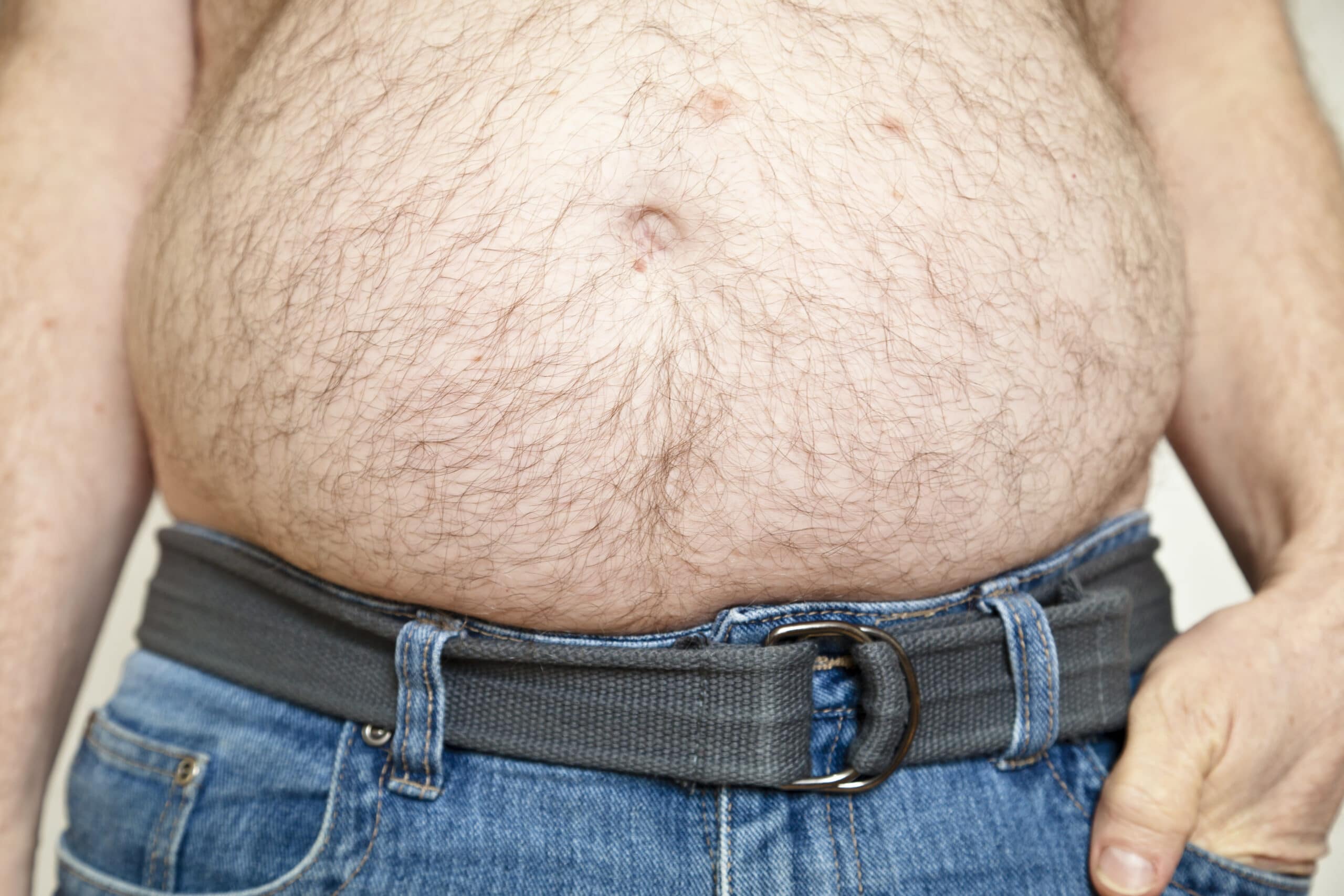
- Excess alcohol consumption– When you consume too much alcohol, you are more likely to get prone to harmful and life-threatening health problems such as inflammation, cancer, liver cirrhosis, etc. According to the research study, drinking alcohol in large amounts causes weight gain around the abdominal area or bellies. These alcoholic drinks stop the body from burning fats and calories. Hence it makes you crave unhealthy and high-calorie food items. The belly fats are so stubborn that you cannot get rid of them without changing your daily habits.
- Lack of movement and exercise– Exercise is significant for our body to keep it fit and healthy. When you do not do any physical activities or work, your body does not use the energy and nutrition provided by the food. These unused extra energies get stored in the abdominal area resulting in unnecessary belly fats. If you neglect exercise, you may be surrounded by obesity, heart disease, diabetes, and other risky diseases. To maintain a healthy weight, you must exercise and do physical activity daily and regularly. And also, do not forget to be strict about your food habits.
- Genetics– Genes and hierarchy also play an essential role in determining whether the child will become obese or not. Many children get a fat belly inherited from their forefathers. But it does not mean that genetics alone always predict the future health of the person's body. Environmental, societal, behavior factors are also responsible for weight gain and obesity. There are many different kinds of research and studies that prove that genes can be a factor for influencing metabolism, behavior, and body fact-related disease and illness.
- Lack of sleep/ insomnia/Sleepless– Sleep deprivation is called by different names, but the effects are the same. There are two hormones, Ghrelin and leptin, present in our body. These hormones instruct the body when to eat and when to stop. Hormone Ghrelin tells you when to eat the food. When you are sleep-deprived, the level of Ghrelin increases, and you crave to eat a lot. Not only do you eat, but you also feed your body with refined, unhealthy, high-carbonated foodstuff, and hence the continuous stuffing leads to weight gain and obesity. The other hormone, Leptin, guards you against eating. Insufficiency in sleep decreases the level of Leptin and rises in Ghrelin, and makes you fall prey to obesity and weight gain.
- Menopause– Women's body is one of the most biologically complex bodies that contain many hormones. Whether it is menarche or menopause, numerous changes occur in their body. In menopause, the hormones changes surround the body with maximum fat. The abdomen, hips, and thighs are the significant areas where the fats get stored. Hormones affect the life cycle, but aging, lifestyle, behavior, and genetic factors also cause weight gain. Menopause weight gain increases the risk of breathing problems, heart and blood vessels diseases, and many life-risk diseases and illnesses.
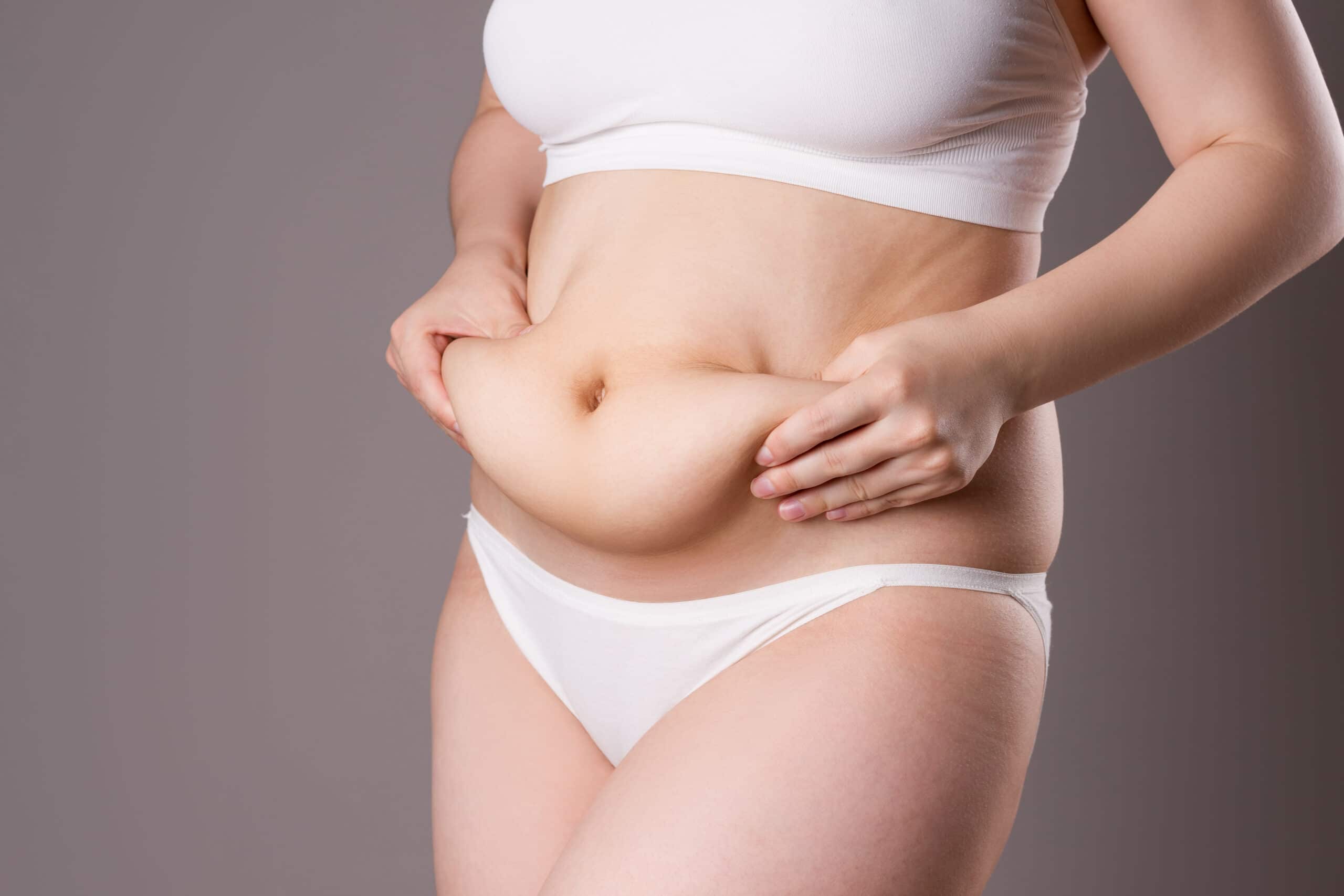
- Consumption of Unhealthy diet– Obesity or weight gain does not happen overnight. It takes ample time to develop and get stored in your body. A poor diet includes fat, sugar, beverages, carbohydrates, refined snacks, packed and processed food, soft and hard drinks, and high-calorie eatables. These unwholesome foods slow down the stomach's metabolism and immunity and reduce the body's ability to burn down the calories and fats stored. Protein and fiber are good sources of nutrition that promote health. Low-protein, low-fiber, and high-carb food stimulate weight gain. People whose food does not have sufficient protein and fiber are more likely to consume extra, which later on results in obesity. Trans Fats present in fast food and baked food are also responsible for weight gain. Before buying packed food, do not forget to determine whether the food contains any trans fat or not.
- Medication– Medicine and pills also cause weight gain. These medicines affect the metabolism and immune system of the body, slowing down the rate of burning fats and calories. Many medications are designed to increase weight, but some also become the reason for the weight gain side effects. Some common medicines that promote weight gain are antipsychotic medicines, antidepressants medicines, medicines for blood pressure, etc.
What are the Best Remedies For Bloating?
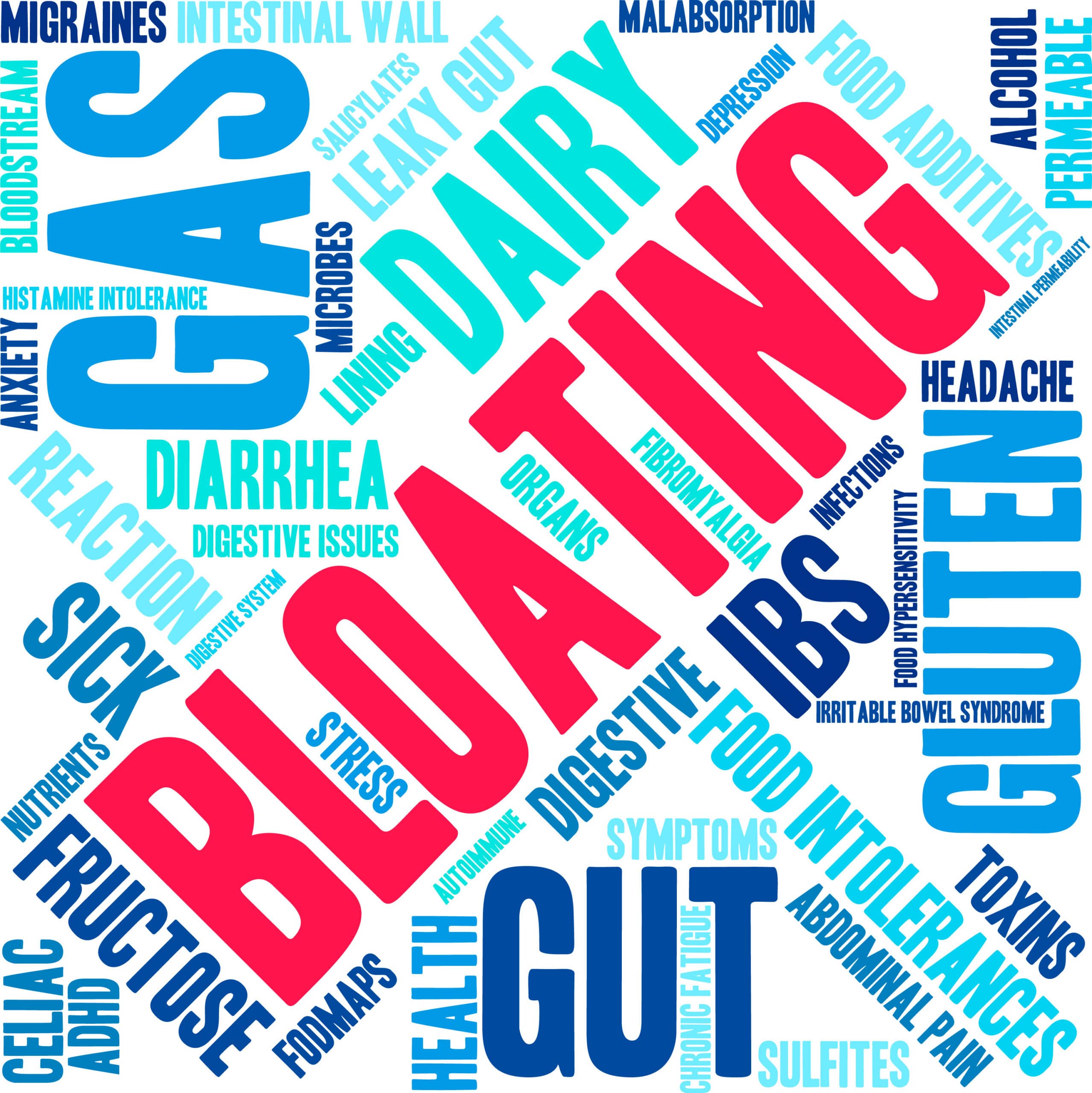
- Go for a walk more often– Walking is one of the beneficial and easy remedies to ease bloating and discomfort. Some research suggests that a short and brisk walk after a meal helps manage the body's blood sugar and blood glucose level. By walking, you can help your stomach release the trapped gas and make you feel debloated and relieved.
- Abdominal massages– Rubbing and massaging your abdominal area help you to pass and move the stool along the inside of your colon. This enables you to get relief from the cramping and bloating. The gentle massages reduce the condition and suffering from constipation and bowel movements. If you are bloated, try to slowly rub your stomach in the circular motion.
- Stop chewing gums– Chewing gums frequently can create a severe problem in your stomach. When you chew gum, you swallow air. These air pockets in the stomach cause discomfort and pain. Sometimes you may even suffer from the risk of IBS, irritable bowel syndrome. So, change your habit of chewing gums instead. You can add chocolates but in a limitation.
- Increase fiber in your food chart– Fiber in the food helps keep the digestive system healthy and strong. It improves the metabolism and immunity of the body. The risk of bloating and constipation can also be reduced by increasing a fibrous diet. Fibers also help in weight loss.
- Do yoga poses and stretching exercises– Debloating exercises such as stretching and yoga poses can effectively release the trapped gas that causes pain and cramps in the stomach. These exercises are great to keep digestion and the digestive system healthy. Do not forget to add debloating yoga poses and stretching exercises to your exercise routine.
- Take time to eat your food– Eating and swallowing your food in a hurry can risk your stomach health. The unchewed food bites can block your intestines and slow down the metabolic rate, resulting in constipation and bloating. Hence, while eating, make sure you are adequately seated and slowly enjoy every bite of your food.
- Introduce herbal tea in your routine– drinking herbal and green tea more often can protect you from diseases and illness. Green tea boosts your immune system and eliminates toxins from your body. The herbs' presence relaxes and cools down your stomach, mind, and body in every season. Herbal tea also helps to reduce the pain, cramps, and discomforts caused due to bloating and constipation.
- Stop drinking too hot Or too cold beverages– The beverages that are too hot Or cold causes the blood vessels to tighten and stop the normal blood flow in the body. These drinks can also make the nasal mucus thicker and create difficulty in the respiratory and digestive systems. Avoid these types of beverages and go for lukewarm or room temperature drinks.
- Avoid sugary, refined, and high-calorie food – refined and sugary foods contain less nutrient content and fiber. Such foods increase the risk of heart and liver-related diseases, cardiovascular diseases, and stomach-related diseases. The artificial colors, added sugars, and sweeteners present cause constipation and bloating. The best way to avoid these unhealthy fats, sugars, and carbs in food is to prevent and reduce the consumption of these foods and eat healthy whole grains.
How to Get Rid Of Belly Fats?
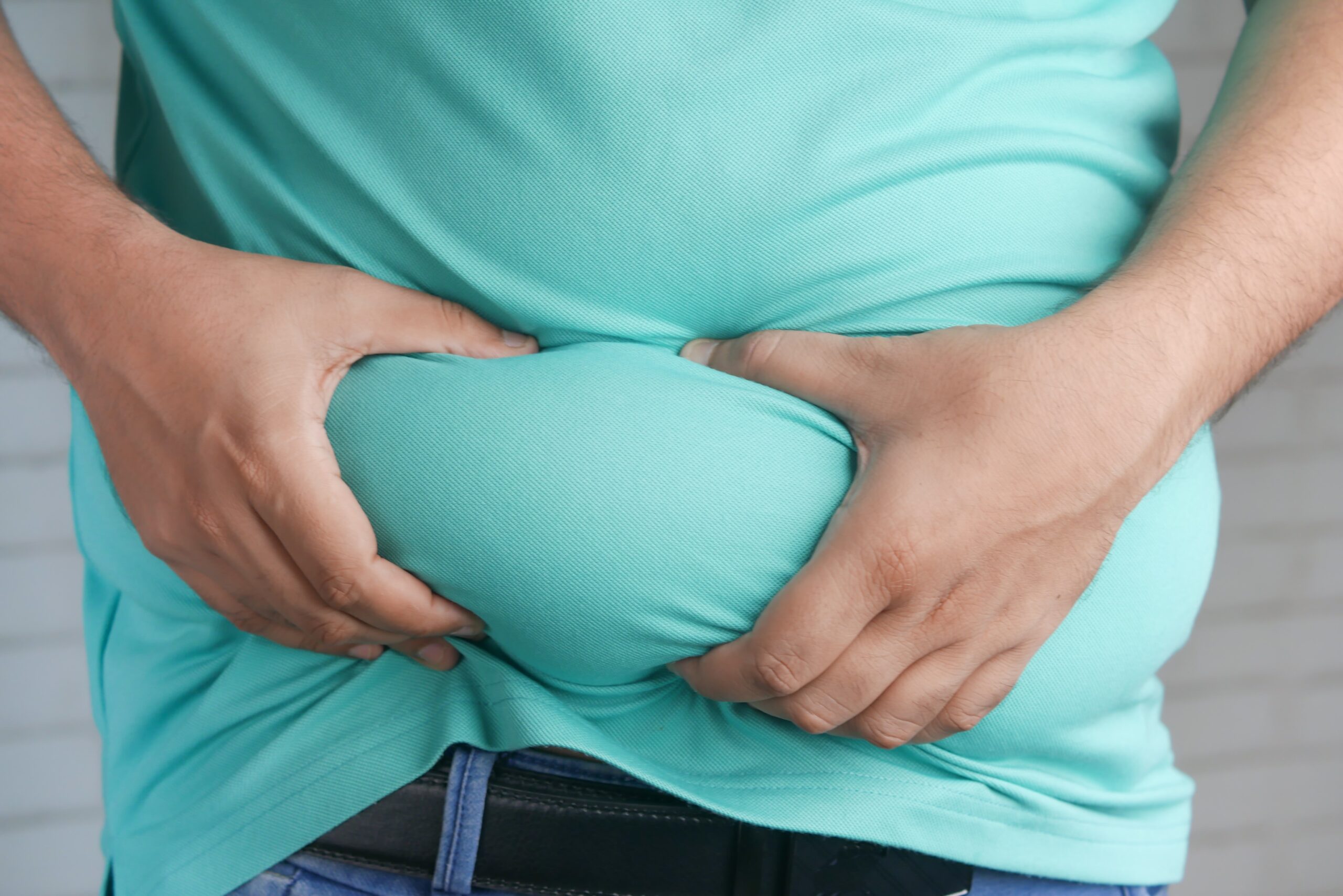
- Do aerobic exercises– belly fats are the stubborn visceral fat. Losing these abdominal fats cannot be easy, but you can burn and reduce these fat, spongy abdominal fat with your consistent effort and practice. Aerobic exercise is an excellent choice for every individual for reducing fats. Even fitness trainers suggest applying these exercises in their routine. Studies found that you can slim your waistline by doing cardio and high-intensity training.
- Intermittent fasting– It can be one of the options for losing weight. Intermittent fasting benefits your body and mind. It enhances hormones that promote fat burning. It helps in improving metabolism and reduces the number of calories you put on the body. Intermittent fasting is a beneficial and effective weapon for losing and burning stubborn belly fat. By fasting, you can also reduce the risk of heart disease, inflammation, oxidative stress, Alzheimer's, cancer, and many other diseases. If you are trying fasting, go for quick meals or alternate-day fasts instead of fasting for the whole day.
- Eat soluble fibers– Food high in soluble fibers is very good for digestive health. These soluble fibers absorb water and form a gel-like structure to slow down food passing through the digestive system. It keeps you full and satisfied for a long time. In Fact, you don't even feel hungry or crave to eat more. The intake of soluble fibers helps in getting rid of belly fats. Some familiar sources of soluble fibers are legumes, blackberries, flax seeds, citrus fruits, oats, carrots, beans, etc.
- Do not take stress– yes, stress can lead to weight gain. When you are stressed, the adrenal glands present in your body release the stress hormone cortisol. The increasing cortisol level drives abdominal fat storage and stimulates your body for food cravings. And when you feel hungry due to cortisol, you don't even pay much attention to what kind of food you are consuming. You just take an interest in taste and deliciousness, and these habits lead to obesity. So try to be stress-free. Mediate and exercise every morning to stay away from stress.
- Keep distance from processed and packaged food– these packaged foods are rich in calories. It contains sugars, sweeteners, carbs, fats in excessive amounts that stimulate the body to overeat. Hence result in obesity and belly fat. Canned and processed food also contains trans fats, which are unhealthy and can cause heart disease, liver disease, diabetes, cholesterol, and many life-threatening problems. You should always avoid these eatables to reduce belly fat, even occasionally. You should eat whole grain snacks, dry fruits, and fruit salad during your snack time.

- Get adequate sleep– Proper rest and adequate sleep are essential to maintaining a healthy life. Many researchers proved that people who are deprived of sleep and rest are more likely to get fat. People who do not take 7-8 hours of sleep regularly are prone to sleep disorders and health-related diseases. So, to lose weight, you must get enough sleep and rest.
- Add green, and herbal tea to your routine– healthy and herbal tea contains antioxidants to boost the body's immunity. It also helps in losing stubborn fats. The herbs in the tea increase the metabolism and make the body fight and burn the extra fats and calories. Try to intake herbal tea for at least one day a week.
- Be social– social groups and friends can help you in losing weight. When you join these groups, the people motivate each other to accomplish their fitness goals. They share their fitness mantra and tips that will help you to lead a healthy and fat-free life. Being friendly with others will make you self-confident and happy. So, you should be part of any fitness groups from your social media or neighbors.
- Stop consuming fruit juice– fruit juice is a good source of vitamins and minerals, but it also contains starch and sugar content responsible for gaining weight. Drinking large amounts of your favorite juice increases the risk of belly fat. So instead of consuming fruit juice, drink water, herbal tea, unsweetened ice tea, or lemonade.
- Eat green vegetables– vegetables are a good source of fiber which helps in keeping you full for a longer time. Kale, lettuce, and spinach are great for burning calories and fats from your body. These vegetables also improve your metabolism. To consume green vegetables, you can try smoothies that are highly nutritious and delicious.
Conclusion
Bloating and fats are the causes of an enlarged belly. Bloating is temporary and can be relieved easily, but belly fats are permanent, and you can only reduce these stubborn belly fats by changing your lifestyle. There are several causes and remedies to get from the pains and cramps of bloating. Burn your belly fats by performing and applying a healthy routine like eating a balanced diet, avoiding smoking and sugary food times, taking adequate sleep, and most importantly, exercising. If the changed and healthy routine is still ineffective for your bloating and belly fats, do not delay meeting your dietician and doctors.




